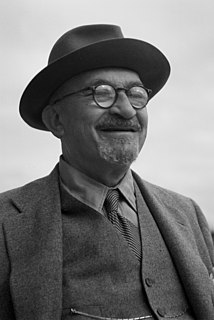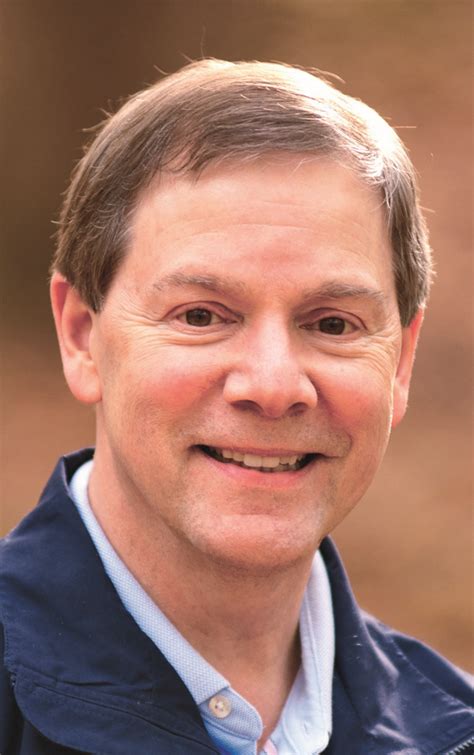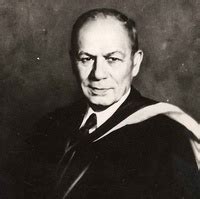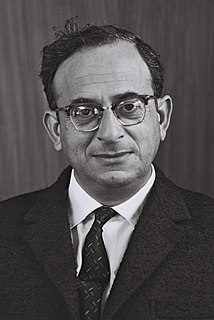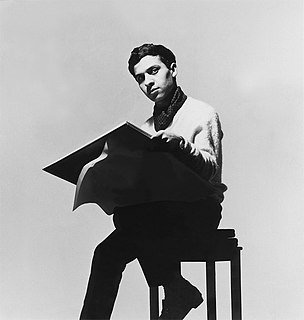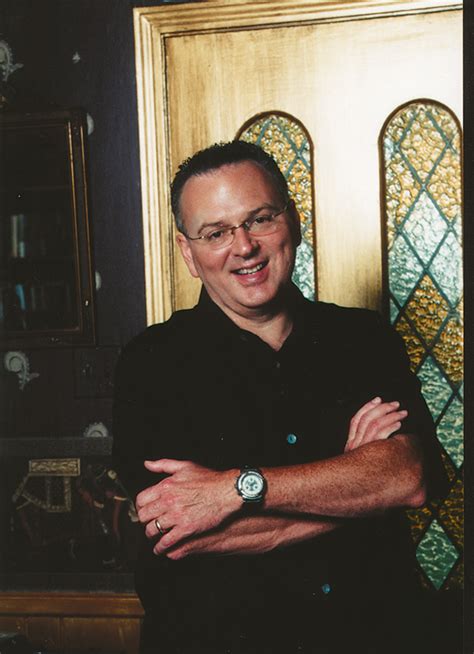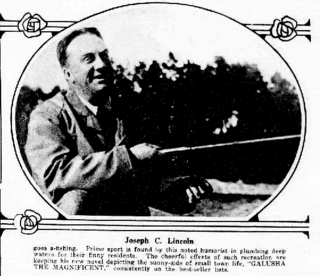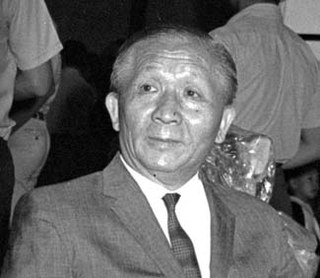A Quote by A. B. Yehoshua
I was proud my father spoke Arabic fluently - his father sent him to learn Arabic from a sheikh - and we had Arab friends. His task of understanding the Arabs - not only politics but poetry - was very important; he took it as a vocation.
Related Quotes
I found poetry at 12 and 13 and, lo and behold, learned that my attorney father had a background in poetry - as he wore dashikis and Afros in the '70s and named his kids Arabic names. He was a poet and a lot like The Last Poets and Gil Scott-Heron and all of these folks. He definitely was an artist.
Growing up, I came to love Egypt and respect Islam, but I never thought to go beyond the surface. Back in Canada, many of my father's Egyptian friends questioned his decision not to raise his only child more strictly in the faith. I was not taught salat, the Muslim ritual of prayer, nor did I study Arabic.
Jesus is the prime exemplar of life in God's presence. He lived out of an awareness of the identity God had given him, not the identity the world wanted to give him; he led an active, ongoing prayer life; he took time apart from the world to be with his Father; he made his Father's agenda his agenda; he made his Father's love for people evident in tangible ways; and so on. These are all characteristics that we should emulate in our lives.
During all the first part of the Middle Ages, no other people made as important a contribution to human progress as did the Arabs, if we take this term to mean all those whose mother-tongue was Arabic, and not merely those living in the Arabian peninsula. For centuries, Arabic was the language of learning, culture and intellectual progress for the whole of the civilized world with the exception of the Far East. From the IXth to the XIIth century there were more philosophical, medical, historical, religiuos, astronomical and geographical works written in Arabic than in any other human tongue.
Ironically, it was the father's blessing that actually "financed" the prodigal son's trip away from the Father's face! and it was the son's new revelation of his poverty of heart that propelled him back into his Father's arms. Sometimes we use the very blessings that God gives us to finance our journey away from the centrality of Christ. It's very important that we return back to ground zero, to the ultimate eternal goal of abiding with the Father's in intimate communion. (pg. 243)
You cannot show real respect to your parents by perpetuating their errors.... Do you consider that the inventor of a steel plow cast a slur upon his father who scratched the ground with a wooden one? I do not consider that an invention by the son is a slander upon the father; I regard each invention simply as an improvement; and every father should be exceedingly proud of an ingenious son. If Mr. Talmage has a son, it will be impossible for him to honor his father except by differing with him.
The Son is called the Father; so the Son must be the Father. We must realize this fact. There are some who say that He is called the Father, but He is not really the Father. But how could He be called the Father and yet not be the Father?... In the place where no man can approach Him (I Tim. 6:16), God is the Father. When He comes forth to manifest Himself, He is the Son. So, a Son is given, yet His name is called 'The everlasting Father.' This very Son who has been given to us is the very Father.
The day of my departure at length arrived. Clerval spent the last evening with us. He had endeavoured to persuade his father to permit him to accompany me and to become my fellow student, but in vain. His father was a narrow-minded trader, and saw idleness and ruin in the aspirations and ambition of his son. Henry deeply felt the misfortune of being debarred from a liberal education. He said little, but when he spoke I read in his kindling eye and in his animated glance a restrained but firm resolve not to be chained to the miserable details of commerce.




